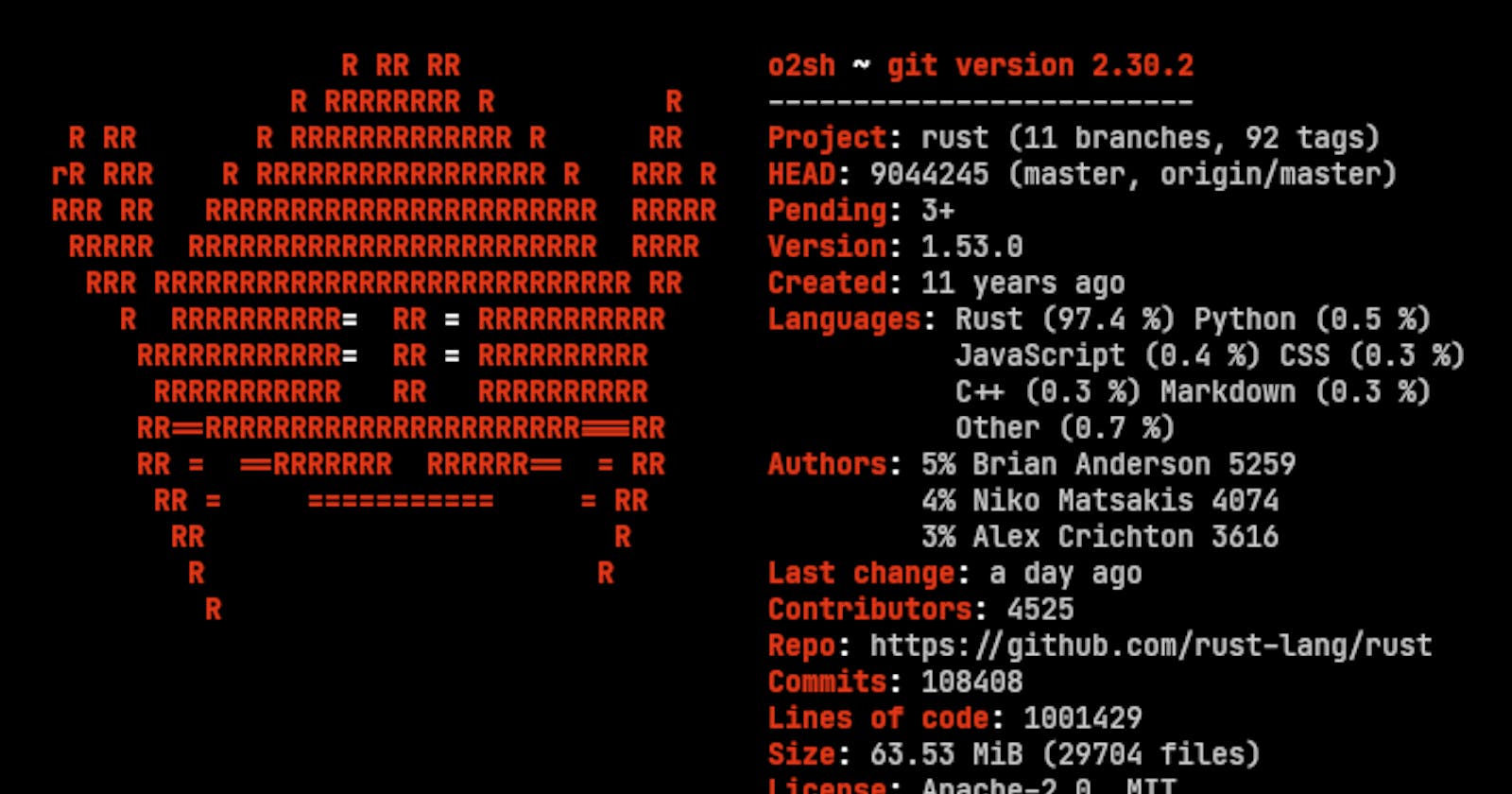Rust programming language has been gaining traction in the developer community, thanks to its focus on performance, memory safety, and zero-cost abstractions. Let's delve into the basics of Rust, exploring its distinctive data types, syntax, and features that set it apart from other languages.
Data Types
Rust comes with a robust set of primitive data types, including integers, floating-point numbers, booleans, characters, and strings. What sets Rust apart is its ownership system, ensuring memory safety without sacrificing performance. The ownership system is enforced through ownership, borrowing, and lifetimes, making memory management efficient and preventing common pitfalls like null pointer dereferencing.
Syntax: A Breath of Fresh Air
Rust's syntax might feel different for those transitioning from other languages, but it brings a breath of fresh air to the programming landscape. Pattern matching, a powerful feature in Rust, allows concise and expressive code. The ownership system, represented by borrowing and lifetimes, introduces a unique approach to memory management, eliminating the need for garbage collection.
Ownership and Borrowing
In Rust, each value has a variable that is its "owner." The ownership system ensures that only one owner exists for a particular piece of data at a time, preventing data races and memory leaks. Borrowing allows temporary access to a value without taking ownership, promoting code safety without sacrificing performance.
Lifetimes: Ensuring Code Integrity
Rust introduces lifetimes to specify the scope for which references are valid. This ensures that references do not outlive the data they point to, contributing to code integrity and preventing dangling pointers.
Features That Shine
Rust's feature set extends beyond memory safety and performance. Traits, similar to interfaces in other languages, enable code reuse and polymorphism. Additionally, Rust's powerful macro system facilitates metaprogramming, allowing developers to write code that writes other code.
In conclusion, Rust's unique blend of data types, ownership system, syntax, and features make it a compelling choice for systems programming and beyond. Its emphasis on memory safety without compromising performance makes it a language worth exploring for developers seeking a modern and reliable tool for their projects. Dive into Rust, and embrace a new paradigm in programming.
